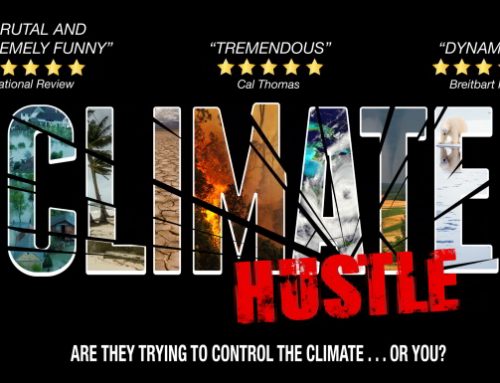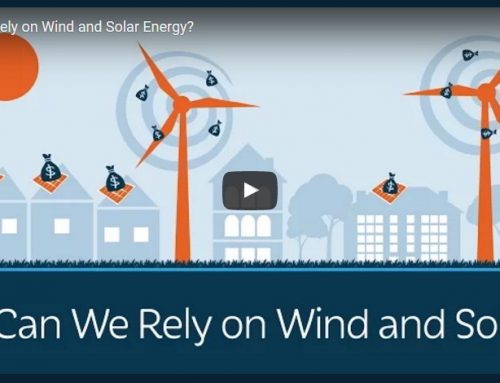I’ve just been informed of the following:
Sen. Murkowski negotiated an agreement with Sen. Reid last night to extend the privilege status of her disapproval resolution until June 10. The vote on whether the EPA should regulate greenhouse gases under the Clean Air Act is now expected to occur that Thursday. The disapproval resolution needs 51 votes to pass the Senate. There are 41 cosponsors to the resolution, including Sen. Murkowski.
If the issue of of Cap and Trade (Tax) legislation/EPA regulation wasn’t already complex enough, the National Review is reporting that Senators Robert Casey and Thomas Carper are trying to confuse citizens even more by introducing their own legislation that would appear helpful to small businesses, but ultimately approve all the EPA regulations on the table. They conclude:
As of now, there are numerous legal challenges to the endangerment finding and CO2 regulations that have reasonable prospects of prevailing. Senators Casey and Carper’s effort could be seen as a self-interested effort to politically insulate themselves from economically destructive CO2 regulations, and Majority Leader Harry Reid has signaled that he intends to take up their effort. If successful, they may effectively kill legal challenges to the endangerment finding, handing radical greens inside and outside the administration something that otherwise would have likely eluded them, Majority Leader Reid, and even Speaker Pelosi — their biggest global “warming” regulatory win ever, to the detriment of the entire American economy, including small businesses.
If you need any reminder of why this will be a drag on our economy, simply look to California:
California, that former land of opportunity, was one of the first states to pass its own version of “cap and trade” to reduce greenhouse gas emissions. In 2007 when Governor Arnold Schwarzenegger signed the law, called AB-32, he said it would propel California into an economy-expanding, green job future. Well, a new study by the state’s own auditing agency—its version of the Congressional Budget Office—has burst that green bubble.
The study released May 13 concludes that “California’s economy at large will likely be adversely affected in the near term by implementing climate-related policies that are not adopted elsewhere.” While the long-term economic costs are “unknown,” the study finds that AB-32 will raise energy prices, “causing the prices of goods and services to rise; lowering business profits; and reducing production, income and jobs.”
Hardly something we want to replicate on a national level, especially during a down economy.
Time to overload the systems again, supporting Senator Murkowski’s resolution. Senators Webb and Warner must know we stand on this.





